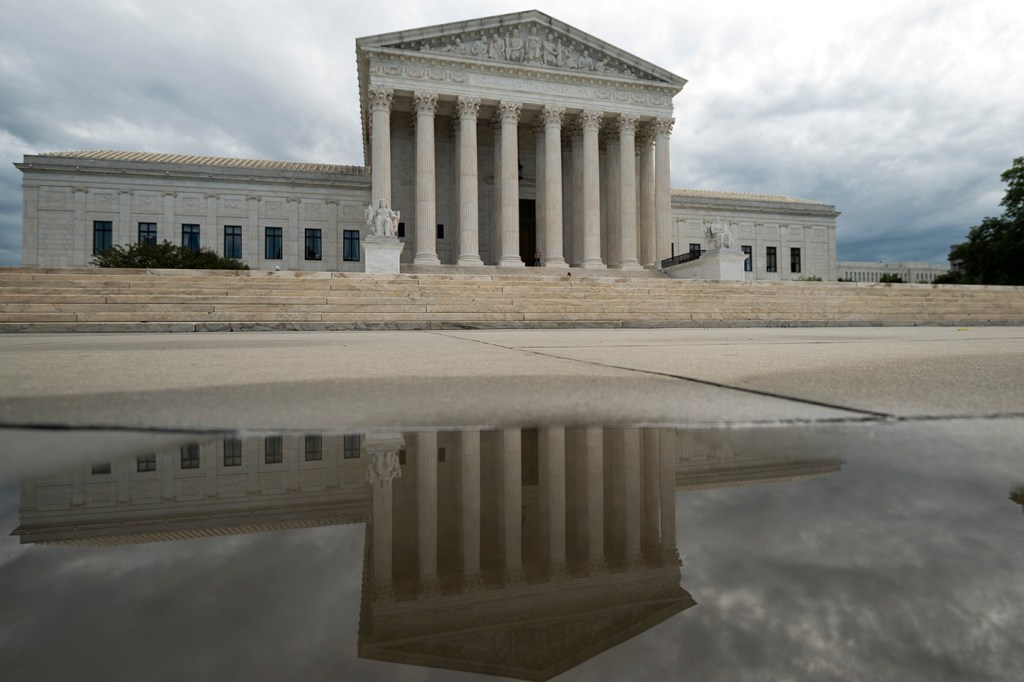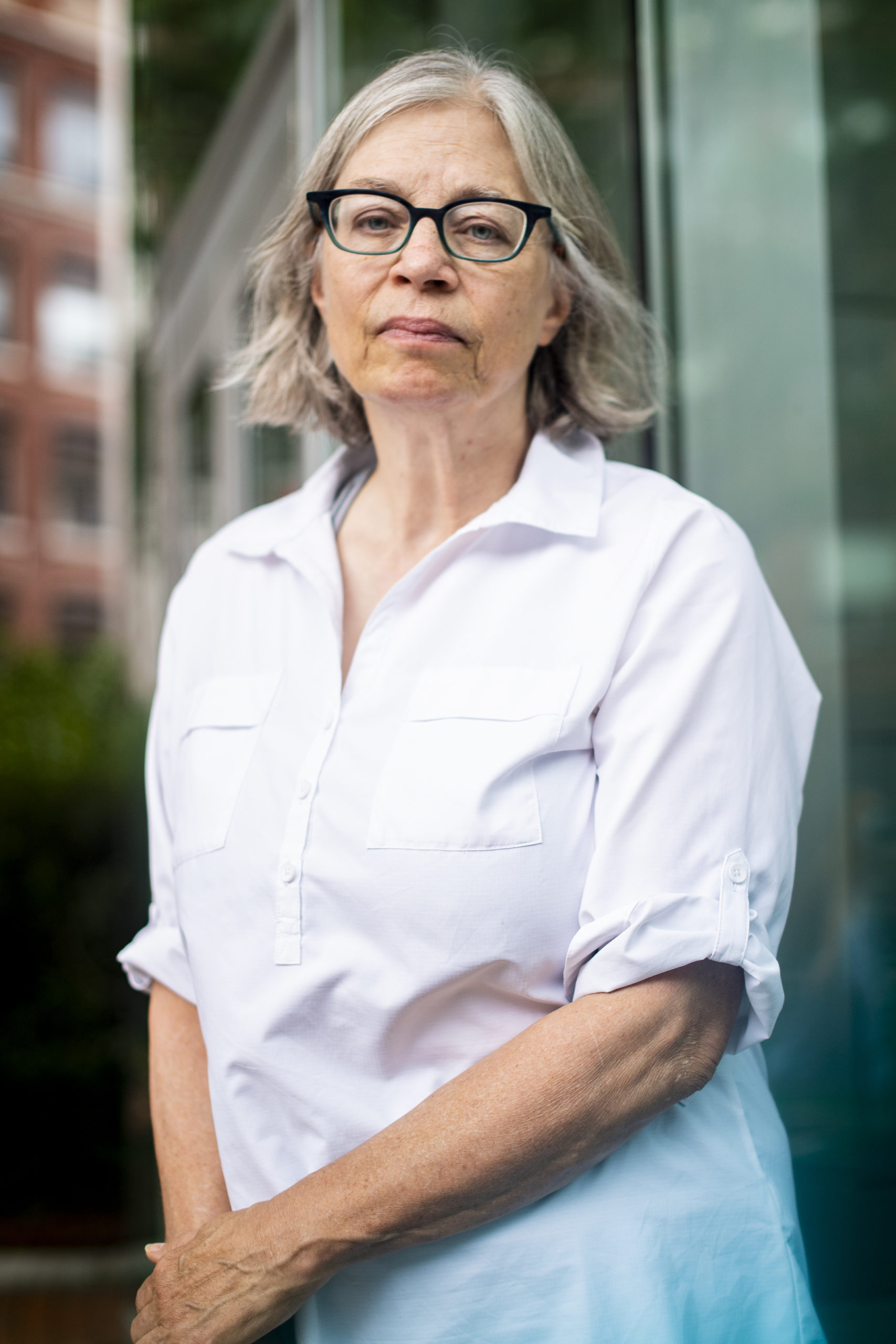Can Roe v. Wade be saved? She’s among a group making a case to the Supreme Court.

A prominent Northeastern University legal scholar joined the fight to preserve access to abortions this week, filing a brief that urges the Supreme Court to uphold Roe v. Wade amid growing conservative momentum to upend the 1973 ruling.
Martha F. Davis, who teaches constitutional law and human rights advocacy at Northeastern, led a team of international and comparative legal academics in an amicus brief asking the Supreme Court to strike down Mississippi legislation banning abortions after 15 weeks of pregnancy.
Davis and her colleagues argue that a pregnant person’s access to abortion under Roe v. Wade is in line with laws of other liberal democracies across the globe.

Martha Davis, Distinguished professor of law and associate dean for experiential education at Northeastern, is one of 40 who filed a brief asking the Supreme Court to uphold Roe v. Wade, as part of an effort to block the controversial Mississippi law that limits abortion rights. Photo by Alyssa Stone/Northeastern University
Mississippi’s Gestational Age Act, passed in 2018, “would be deeply out of step with the laws of comparable jurisdictions, which, in turn, form part of a broad global trend of liberalization,” wrote Davis in a brief signed by dozens of legal academics from around the globe.
The brief is one of more than 40—including a filing by President Joe Biden’s administration—that support a lawsuit filed by the Jackson Women’s Health Organization, the only abortion provider in Mississippi. The clinic argues the 15-week time limit is unconstitutional because courts already have ruled that a person who is pregnant has the right to terminate their pregnancy before viability, usually between 22 to 24 weeks.
Davis challenges a key argument in the Mississippi law that suggests the United States is out of step with the majority of abortion laws around the world.
“Seventy-five percent of all nations,” Mississippi state lawmakers wrote in their 2018 legislation “do not permit abortion after twelve weeks of gestation.”
Calling that argument oversimplified and misleading, Davis and her colleagues say the U.S. should be compared to similar democracies such as the United Kingdom and Sweden rather than autocracies.
“The court should reject this analysis, as it is neither relevant nor compelling,” writes Davis. “If the court is to consider foreign abortion laws, it should do so—as it has in other contexts—by looking to the laws of comparable jurisdictions, including their application, and the direction in which these countries are trending.”
The brief, which was also signed by Northeastern law professor Margaret Woo, is one of many filed Monday by those on both sides of the abortion issue. Brian H. Fleming, head of the Justice Department in President Biden’s administration, and a group of 500 female athletes also filed briefs in support of abortion rights.
The Supreme Court will hear arguments on the Mississippi lawsuit on Dec. 1. The Gestational Age Act is one of many passed by states in the last year or more seeking to eliminate or severely restrict abortion. Most of those laws have been struck down, but earlier this month the high court declined to block a Texas law that bans abortions after six weeks. The ruling is another sign, Davis says, that Roe is facing a serious challenge.
“The court is very conservative right now, and there’s not a lot of hope that Roe is going to last. The Texas case is an indication of that,” she says, adding that abortion rights activists should investigate other legal and political avenues to advocate for access.
“There are other ways to protect rights through the legislature, through constitutional amendment, or through the Equal Rights Amendment, potentially,” says Davis, adding that Roe allows judges to make broad decisions about the lives of pregnant people.
“We should really be out in the streets and getting elected and doing things that are important in order to change the law in a way that’s going to be more long term,” Davis says.
For media inquiries, please contact Marirose Sartoretto at m.sartoretto@northeastern.edu or 617-373-5718.





